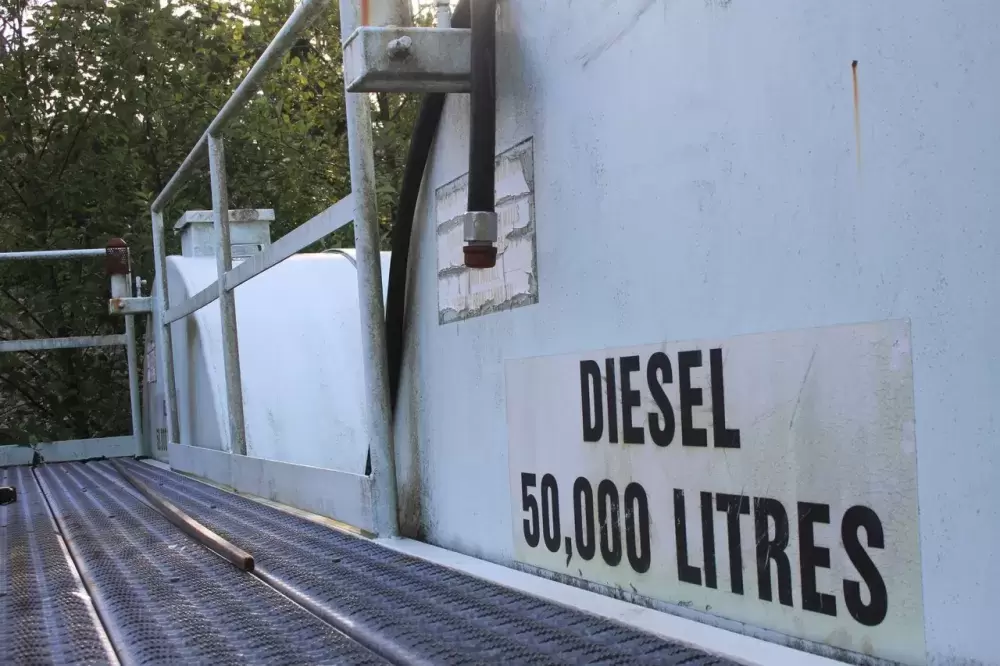After over a decade of trying to secure funding, the final phase of construction for Hot Springs Cove’s Ah’ta’apq Creek Hydropower Project is underway.
As a windstorm blustered through the west coast, prompting a warning from Environment Canada, its need became all the more apparent.
Every month, the community barges trucks full of diesel through Clayoquot Sound. Residents within the remote village depend on the fuel to power and heat their homes. It racks up a price tag of over half a million dollars each year and poses an ongoing risk of a spill within the region.
Not having to barge diesel will help protect the environment, said Hesquiaht First Nation tribal administrator, Norma Bird.
Once the hydro dam is operational, it is anticipated to cut the community’s diesel usage by 70 to 75 per cent, said Kass Harbottle, Barkley Project Group Ltd. assistant construction manager.
It is a major step forward for the tiny community, but Hesquiaht’s elected chief Joshua Charleson has “mixed feelings” about the project moving forward.
When he stepped into his new position in March, the late chief Richard Lucas had already laid out most of the groundwork.
“It would have been absolutely amazing if late chief Richard Lucas, who spent a lot of time and a lot of energy creating relationships to get these agreements to where they are, was able to see the project actually come to fruition,” said Charleson.
Located in a remote region of the country, there are not a lot of employment opportunities within Hot Springs Cove.
“He made sure that was at the forefront of the design of this project,” said Charleson of the late chief. “I’m very, very happy and very fortunate that I get to work with such a great group of people that have made this project go forward.”
Currently, there are 10 community members employed through the project, from COVID-19 monitors to environmental monitors.
The project’s communications representative, Ruth Charleson, moved to Hot Springs Cove three years ago and said that the community hopes to have one big celebration upon its completion – COVID-19 depending.
In order to keep community members safe and to move construction forward, contractors are living outside of the village of Hot Springs Cove on a floating barge.
“Most of our population up there is vulnerable and impacts of COVID-19 could be quite severe if it does get into the community,” said Charleson.
Despite the pandemic, the elected chief remains hopeful that the project will be operational by September 2021.
“There’s a huge check list of things that the group of people who have been working on this have completed to highest of standard to make sure that there will be no unexpected surprises,” he said.







